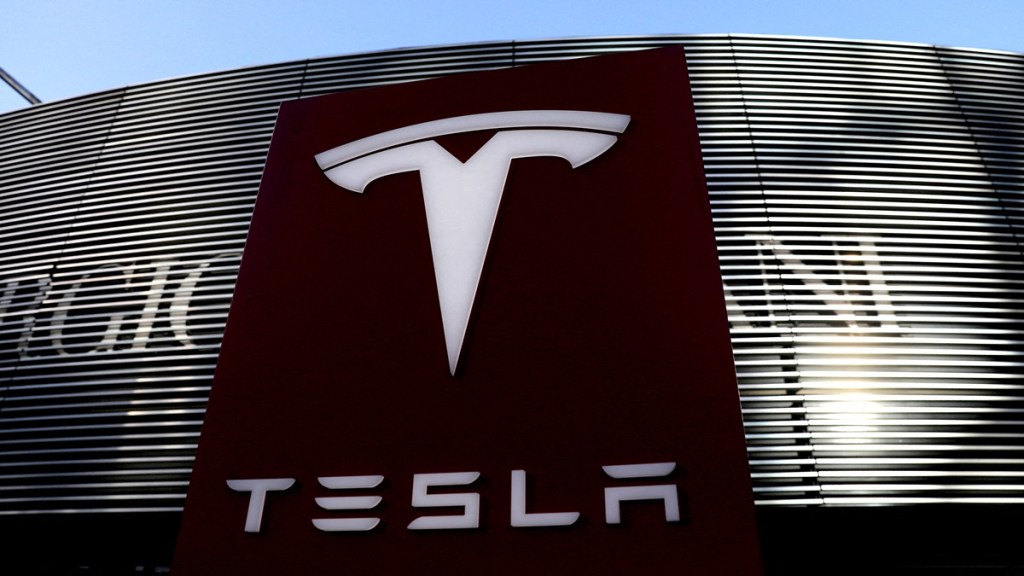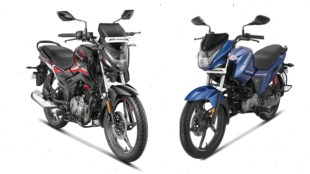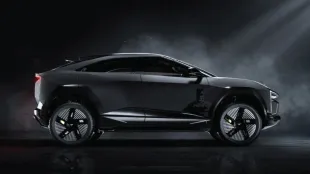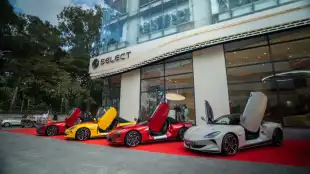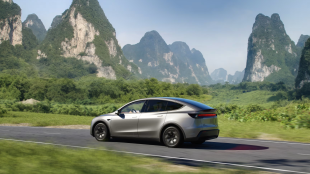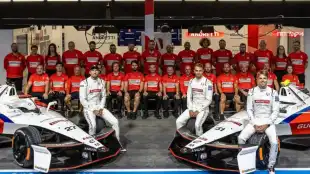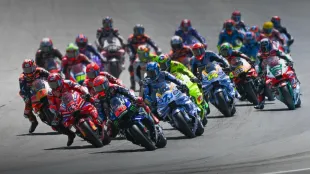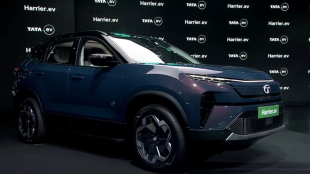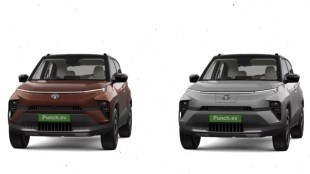Tesla has decided not to manufacture electric vehicles in India, Union heavy industries minister HD Kumaraswamy said on Monday. While the Elon Musk-led company may explore opening showrooms in the country, it has conveyed no intent to establish a production base under the government’s EV manufacturing scheme.
“Tesla is not interested in manufacturing in India, as per the information available with us. They are planning to start with showrooms,” Kumaraswamy said while unveiling the final guidelines for the scheme to promote manufacturing of electric passenger cars in India (SPMEPCI).
This announcement puts an end to long-standing speculation around Tesla’s plans for India. Despite early interest and indirect participation, via its advisory group, The Asia Group (TAG) India, in the first of three stakeholder consultations held by the ministry of heavy industries (MHI), Tesla opted out of the subsequent two meetings. The government, however, still hopes the company might reconsider its plans in the future.
While Tesla has bowed out, several major global automakers have shown interest in manufacturing in India. According to the minister, five companies — Mercedes-Benz, Volkswagen, Skoda, Hyundai, and Kia — have shown interest in the scheme during consultations with the government. Officials expect more companies may follow once the application process formally opens.
The SPMEPCI, notified on March 15 last year, is designed to draw global EV manufacturers into the country by offering substantial import duty concessions in exchange for firm investment commitments. The government issued the detailed guidelines for the scheme on Monday, paving the way for companies to begin applying soon.
Under the scheme, approved applicants will be allowed to import up to 40,000 electric vehicles at a significantly reduced customs duty rate of 15%, down from the current 70-100%. However, this benefit comes with clear conditions: applicants must invest at least $500 million (Rs 4,150 crore) in local manufacturing and commence production within three years of approval.
To discourage speculative applications and ensure accountability, the scheme requires a bank guarantee equivalent to the higher of $500 million or the total customs duty waived over five years. This guarantee will be forfeited if the company fails to begin production within the stipulated three-year window.
The investment must lead to progressively increasing domestic value addition. The scheme mandates a 25% localisation target within the first three years and 50% by the fifth year. Only after these milestones are met will the bank guarantee be refunded.
Clarifying what constitutes eligible investment, the MHI said land acquisition costs will not count. However, spending on main plant buildings and utilities can be included up to 10% of the total, and charging infrastructure up to 5%. Investments in new plant and machinery, equipment, engineering R&D, and associated utilities will be fully counted. Brownfield projects will be accepted only if there is a clear physical separation from existing facilities.
In a move to encourage quick action, the government has set a 120-day window for submitting applications once the formal notice is released, which is expected in the next couple of weeks. The MHI also retains the flexibility to reopen this window as needed, until March 15, 2026.
To qualify for the scheme, applicants or their affiliated companies must have a minimum annual revenue of Rs 10,000 crore from automotive manufacturing and commit at least Rs 3,000 crore globally in fixed assets. One applicant can receive a maximum customs duty waiver of Rs 6,484 crore under the scheme.
